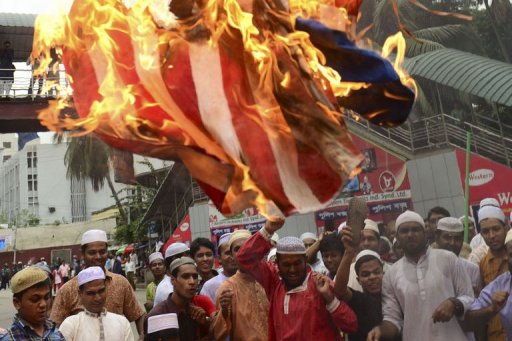CAIRO: With the World Economic Forum on the Middle East making headlines, newspapers covered a variety of topics this week including the stock market crash, subsidiaries, Palestinian links to the Dahab bombings and the latest Amnesty International report.
Al-Akhbar said in the paper’s editorial that the “forum has confirmed the world’s trust in our economy. Al Ahram’s editorial also carried the same thought, noting that the forum indicated “the trust Egypt enjoys on the international front, the secure climate and the political stability that weren’t affected by individual terrorist incidents. The paper said the forum is part of Egypt’s merger with the international economy.
In Al-Wafd, Abbas El Tarabeily offered his view on the bright image Egyptian officials painted of the country’s economy during the forum. He noted an increase in savings, which reflects a lack of trust in the investment climate. He also pointed to the internal national debt that went from over LE 221 billion five years ago to over LE 355 billion in 2005. Last year alone saw an $800 million increase in external debts.
Citing similar numbers representing the financial transactions in the country, El Tarabeily called on the forum’s participants to offer solutions to Egypt’s economic problems so that officials would stop announcing that international organizations commend Egypt’s economic progress.
In the same newspaper, Osama Heikal said the majority of Egyptians don’t care about the forum, which was a “private party with a VIP guest list. The average Egyptian doesn’t feel that the forum will better their living conditions.
“If holding The Davos Forum in Sharm El-Sheikh confirms that Egypt is on the right path, he continued, “how do we explain the sharp fall in the Egyptian stock market on the last day [of the forum]?
Mohamed Salah in Al-Masry Al-Youm noted the losses suffered by small investors during the stock market crash.
In its editorial, Al-Ahram warned against using the excuse that all healthy stock markets suffer similar drops and called for a study of the real reasons behind the crash. “Stock markets are the mirror of economies, but it seems that our stock market reflects an economy different from ours, read the editorial.
With nationwide concern over the state of the economy, papers varied in their coverage of related government announcements. On Thursday, the main news on Al-Wafd’s front page was a report reflecting expectations of rising oil prices and the removal of subsidiaries in this sector. On the same day, a report announcing an increase in civil and military pensions led the front pages of Al-Gomhuria and Al-Akhbar.
Apart from finances, local and regional politics dominated. The government’s announcement that the suspects in the Dahab bombings had received training in Palestine fueled angry responses.
In Al-Gomhuria, Samir Ragab noted that Egypt has always supported the Palestinian cause, contributing to his shock when he heard the announcement. “Is this the result of chivalry? he wrote, asking if this is the way to repay a favor.
On the local front, articles covering the latest report released by Amnesty International demonstrated the continuous difference in approach between state-run and independent newspapers. While Al-Ahram cited the report on its front page, it only presented the parts that were critical of the American, British and Israeli violations of human rights. No mention was made of the part of the report addressing Egypt.
Al-Masry Al-Youm, however, focused on Egypt-related sections, along with a review of the report’s criticism of the United States, the United Kingdom and Israel. The paper cited the report in pointing out election violations, government and security intervention in favor of National Democratic Party candidates, assaults on reporters, violence against protestors and the continuous detention of activists and Muslim Brotherhood members without trial.
Also this week, two prominent Al Ahram columnists directly criticized the practices of security forces against demonstrators. Makram Mohamed Ahmed denounced the trend of confiscating or sabotaging journalists’ cameras. He said in an age where mobile phone cameras are abundant such actions are useless.
“It’s true that the picture, according to security officials, represents a moment taken of reality that may not represent the whole truth, but some pictures summarize the truth; one shot substituting for a thousand articles, Ahmed concluded.
Salama Ahmed Salama conveyed a similar idea with a comparison between a European president who took four students with him on an international tour and the Egyptian security forces that chased down young protestors. Meanwhile, Salama continued, the Davos Forum was discussing “the future promises for the new generation.



